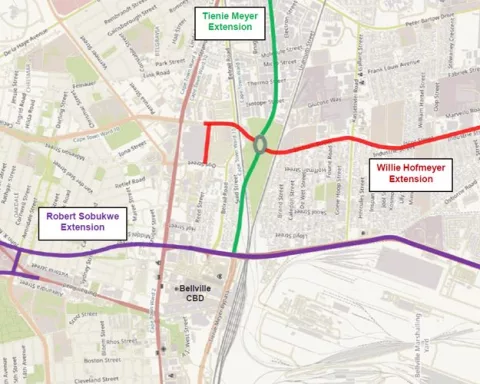The Public Service Commission (PSC) is inviting the public to comment on its recent draft of the PSC Bill of 2023. This move demonstrates the government’s commitment to transparency, inclusivity, and active public participation in the legislative process.
The Drafting Process
On May 24, 2023, the Cabinet approved the draft bill, which was later published in Government Gazette No. 48758 on June 9, 2023. The PSC Bill of 2023 aims to improve the commission’s capabilities and effectiveness, making it a more independent and impartial constitutional body. The bill also seeks to expand the mandate of the PSC to include municipalities and public entities.
Public Comments
The draft Public Service Commission Bill of 2023 is available for public scrutiny and comments on the PSC website under the Legislation heading and the latest news. Interested parties and organizations have 30 days from the publication date to study the bill and submit their written comments.
Submission Channels
Written comments can be submitted through email, hand delivery, and postal services. The PSC encourages email submissions to Shukratm@opsc.gov.za and NontobekoN@opsc.gov.za. For those who prefer hand delivery, the PSC accepts submissions at Block B, Office Complex – Public Service Commission, 536 Francis Baard Street, Arcadia, Pretoria. Postal submissions can be addressed to The Director-General, Public Service Commission, Private Bag X121, Pretoria, 0001.
Important Information
It is crucial for individuals and organizations to include their name, email address, and telephone number when submitting their comments. This information will facilitate communication with the person or organization submitting the comments if necessary.
For additional assistance or inquiries, the PSC has designated contact persons, including Advocate Shukrat Makinde, Ms. Nontobeko Ngubane, and Mr. Humphrey Ramafoko.
Government’s Commitment to Democracy
The PSC’s invitation for public comment on the 2023 bill demonstrates the government’s dedication to democratic principles and the public’s involvement in shaping public policies. This opportunity allows all stakeholders to examine the proposed legislation and provide input that would contribute to a robust and effective PSC, ultimately benefiting the public service as a whole.
Summary
The PSC Bill of 2023 is a proactive step towards enhancing the commission’s independence, impartiality, and effectiveness within the public service. By expanding its mandate to cover municipalities and public entities, the bill aims to improve governance and service delivery across all tiers of the public sector. The invitation for public comments represents a crucial opportunity for citizens and organizations to have their voices heard and contribute to the refinement of this transformative legislation.












